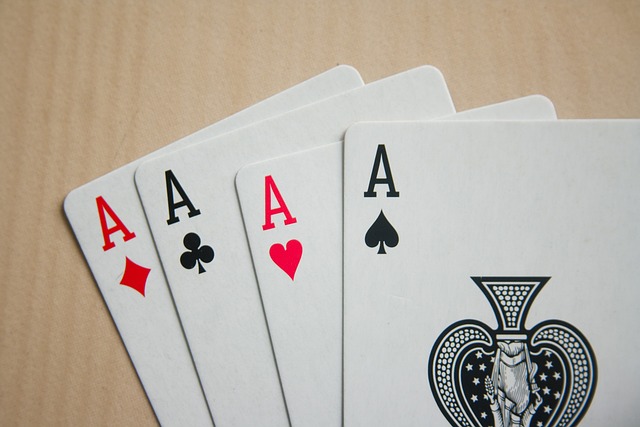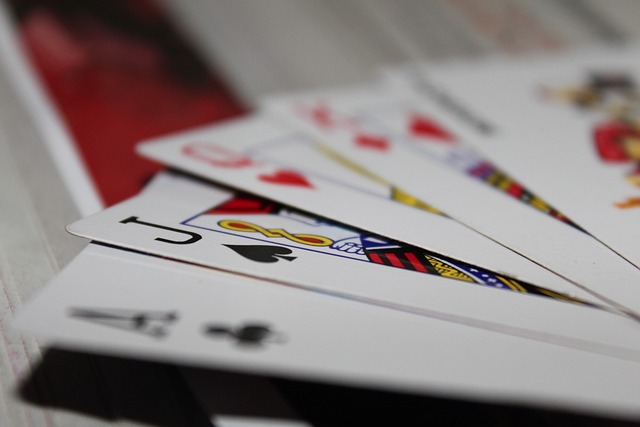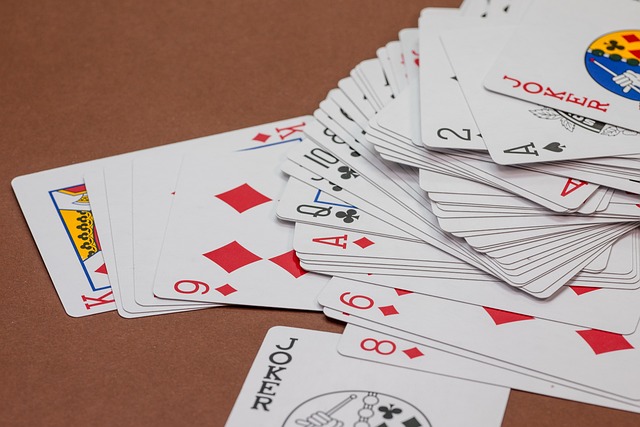Fold Equity is one of the fundamental concepts in poker, allowing you to make a bet in a situation where you are not the favorite of your hand. But, judging by a number of variables, the possibility that the opponent will fold you into the pole-postion to win the one.
What is Fold Equity in Poker

Undoubtedly, each of us does at some point, in a poker session, a bet in the hope that the opponent will give? The percentage represented by the times when an opponent will give up his hand when he is facing such a bet on your part is known as “Fold Equity”. The concept of Fold Equity has always been with us in poker, although its name is somewhat new. The term was thus defined with the appearance of semi-bluff (a bet made with a hand that is probably the best hand right now, but has a chance to improve and become winner, as someone gives Call) . When you add the idea of folded equity to the chances of improving your hand, turning it into the victorious one, most of the time you may attend the following thing: a hand that apparently is much in the back becomes one that It’s worth playing.
Thinking in terms of fold equity, you will be able to become creative with the hands that, otherwise, looking only from the perspective of improvement (number of available outs), you would consider that they must be folded. Not infrequently you see the best players in the world, using a raise with “suspicious” hands. It is not a temporary madness of them, they simply made the calculations and realized, for example, that a bet on a hand that currently has below 40% chances to win, becomes favorite: maybe over 15% chances of to cause the opponent to fold. So, thanks to the raise done, there is 55% chance that the hand will be won, in one way or another (or by completing a better hand, or thanks to the folded by the other).
The concept of Fold Equity applies to all forms of poker, but it is much more widespread in no limit, as a result of the fact that you have the opportunity to juggle with the bets you make. The notion is applied with great success in poker tournaments, where the variations given by the size of the stacks can tell you quite clearly what fold equity in the case of a bet.
Example of Fold Equity in online poker game

In order to understand the notion of Fold Equity even better, we will report, as usual, to an example. Let us imagine that you are in a tour, in which the blinds are 100/200. You are in Big Blind and you have a stack of 3200 sheets (16 BB). From Button, an opponent who has 5000 chips, makes a 500 raise.
You have noticed that this opponent is Loose-Agressive, but he is able to make laydowns when he is sprouted. As your image is tight, you could try a play here. Which fold Equity do you have? Of the total available hands, the opponent could have about 25%, given how much he plays. Anything from large pairs, suite Connectors or a small ace. But what is his call of Call, in case you do re-raise? Since we know about him he can leave his hands when he feels that the percentages are working against him, it is fair to assume that he could go to an all-in-in, only 99+, A-Q or A-K. That means only about 6% of the hands. As such, you have a big fold equity, if you shove, independent of what you have in your hand (in our example I took into account that you would have a 5-4 suited, and the opponent would have increased with a pair of tries, as in the image From lower).
Although from a mathematical point of view, he left a great favorite in your hand, your all-in made the chances of passing on you, taking into account the restricted area with which he could make such a call. Remember that your image is a tight player, a real bunker, who generally makes such movements with big hands. As he knows this about you, and the size of his stack would reduce dramatically in case of defeat, there are huge chances to give up his hand.
To understand how much Fold Equity AI is a very important concept, which is often overlooked by poker players. Many can have robotic actions, relying on constant aggression, hoping that the other will fold. Undoubtedly, aggressiveness is one of the foundations that each one builds their stack, but this cannot be blind: it must always take into account the fold equity, the probability of the other to leave the hand.
